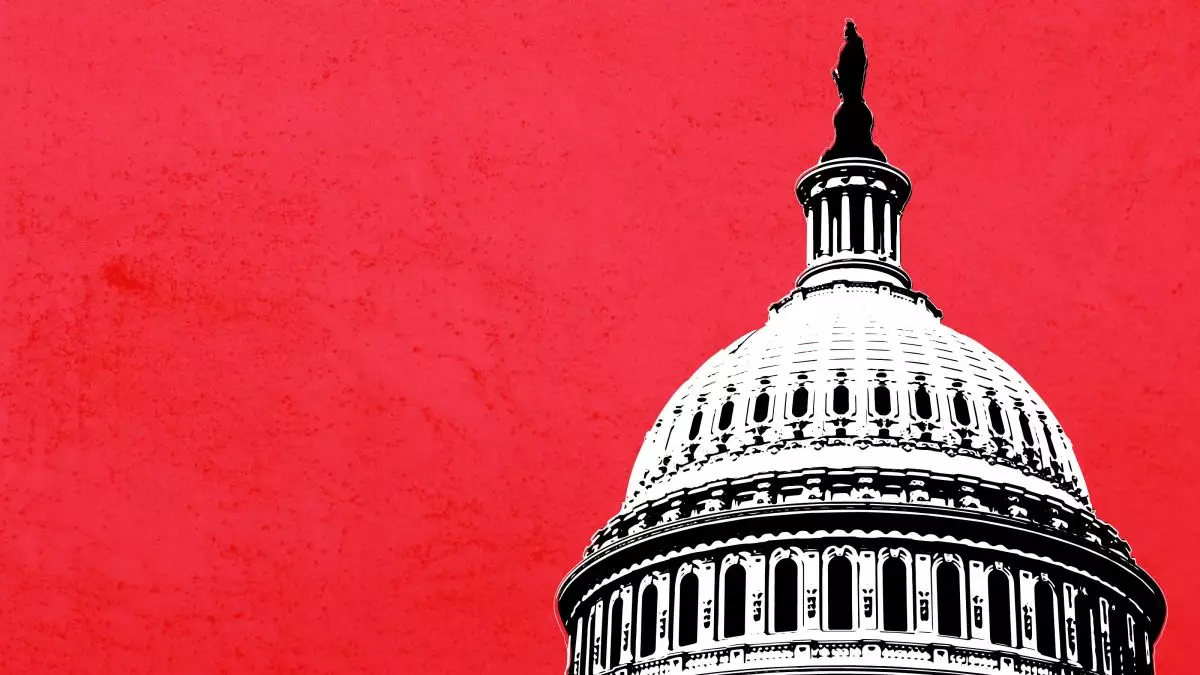The rapid advancement of artificial intelligence (AI) technologies has propelled them to the forefront of innovation, promising significant benefits across various sectors. However, these developments also pose considerable risks, making the establishment and sustenance of regulatory bodies like the U.S. AI Safety Institute (AISI) vital for safe AI deployment. Unfortunately, this pivotal organization faces existential threats from potential political changes, emphasizing the urgent need for congressional action to protect its existence.
Established as part of President Biden’s executive initiative in November 2023, the AISI operates under the National Institute of Standards and Technology (NIST) and focuses on scrutinizing potential risks linked to AI systems. With its funding and partnerships, including collaboration with the U.K. AI Safety Institute, the AISI represents a concerted effort to manage the dual-edged sword of AI innovation. However, the risk of its disbandment looms large if Congress fails to enact legislation confirming its permanence. As Chris MacKenzie from Americans for Responsible Innovation highlights, the precariousness of the AISI’s existence is underscored by the stark reality that a future administration could simply dismantle it by rescinding Biden’s executive order.
Given the AISI’s current vulnerability, formal congressional authorization is critical for ensuring its continuity and expanding its budgetary resources. The AISI’s operating budget of approximately $10 million pales when compared to expenditures typically allocated to other technology entities, particularly those backed by lobbying and advocacy groups within the tech sector. This gap signals a systemic bias toward agencies that have congressional approval, where appropriators often prioritize funding for entities that appear to have the backing of a broader consensus beyond the whims of a single administration.
A coalition of over 60 stakeholders, comprising industry players like OpenAI, Anthropic, and various educational institutions, has called upon Congress to solidify the AISI’s legislative standing before year-end. This initiative highlights the urgency felt by many in the tech community who view the institute as the best mechanism for establishing benchmarks that can underpin future regulatory frameworks around AI technologies.
Despite its potential for fostering AI safety, the AISI does not possess strong enforcement capabilities; its guidelines remain voluntary rather than mandatory. This lack of authority could diminish its effectiveness in instilling best practices across the diverse AI landscape, where companies operate under a wide array of ethical and operational standards. This situation raises the question of whether voluntary guidelines will be sufficient to mitigate the risks associated with rapidly advancing AI systems.
Moreover, political opposition complicates the AISI’s path to securing its future. Conservative lawmakers, particularly those like Senator Ted Cruz, have expressed objections to certain aspects of the proposed authorization process, such as diversity initiatives. Such resistance compounds the challenges in gaining bipartisan support, crucial for any legislation aimed at preserving the AISI’s structure and purpose.
The urgency surrounding the AISI’s authorization is heightened by the reality of the global AI race. International forums, such as the AI summit held in Seoul in May 2024, have illustrated that several countries are moving forward with their own frameworks for AI governance. With initiatives in place across nations like Japan, France, and Germany, there is a palpable fear among U.S. leaders that failure to reinforce the AISI could cede leadership in AI to foreign entities, undermining America’s long-standing position in the tech landscape.
As Jason Oxman, CEO of the Information Technology Industry Council, articulately stated, congressional support for the AISI is essential to ensure that America maintains its footing in the global arena of AI innovation. The establishment of a robust network of AI Safety Institutes worldwide highlights the necessity for the U.S. to reinforce its commitment to AI oversight and safety through legislative avenues.
The future of the U.S. AI Safety Institute is precarious yet pivotal. As the landscape of artificial intelligence continues to evolve at a breakneck pace, securing the AISI’s authorizing legislation is not merely a question of institutional longevity, but rather a crucial step toward safeguarding national interests in a technologically advanced world. The importance of bipartisan cooperation in Congress cannot be overstated; it is essential for building a framework that proactively addresses the challenges posed by AI, ensuring that the U.S. does not fall behind in this integral frontier of innovation.


Leave a Reply